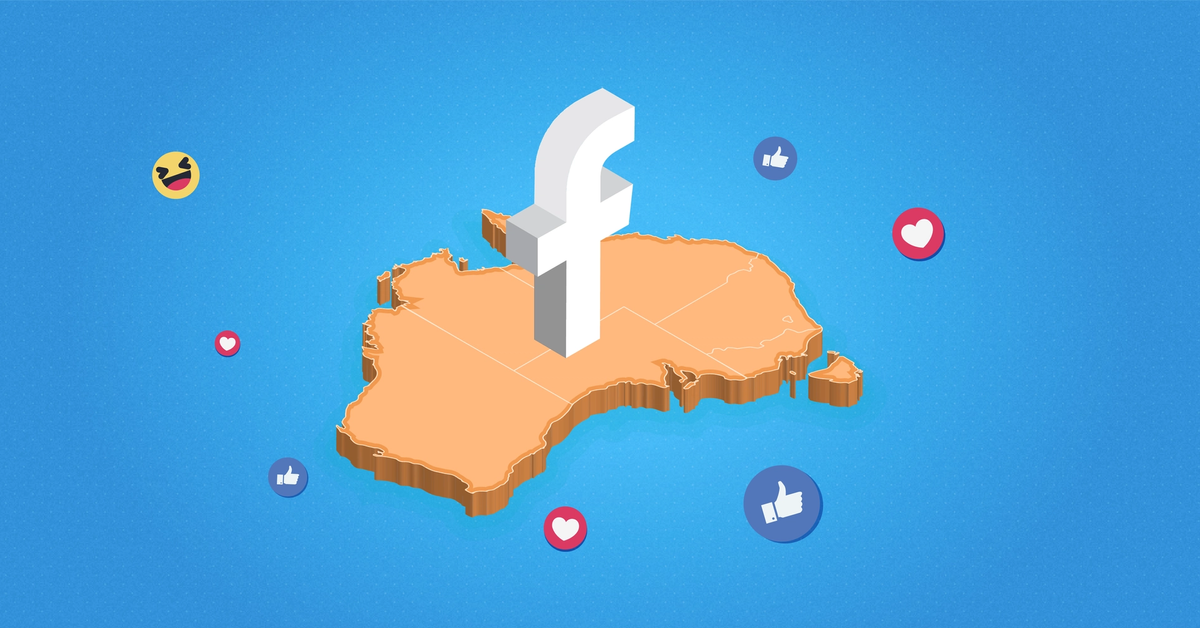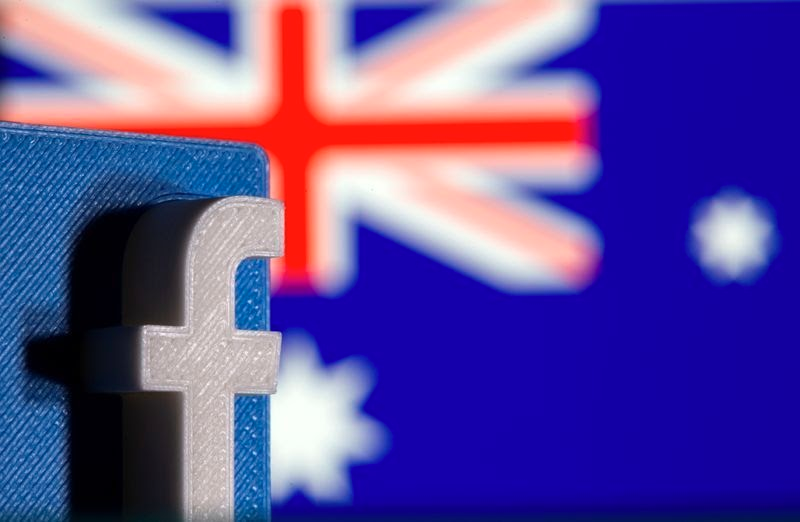Understanding Why Facebook Cancelled the Access to News in Australia

Facebook revealed on Thursday 18 February 2021 it has stopped Australians from viewing and sharing news on Facebook accounts. This is due to Australia’s expected laws to make digital platforms pay for posting news. Australian publishers can carry on publishing news content on Facebook, but links and posts cannot be shared or viewed by Australian users.
This includes the fact that Australian audiences cannot share international or Australian news. International audiences outside Australia also cannot share Australian news.

"The proposed law fundamentally misunderstands the relationship between our platform and publishers who use it to share news content," Facebook’s regional managing director for Australia, William Easton said.
The statement comes a day after Treasurer Josh Frydenberg termed as "very promising" arbitrations between Facebook and Google with Australian media companies. Frydenberg said after weekend conversations with Facebook CEO Mark Zuckerberg and Sundar Pichai, chief executive of Alphabet Inc. and its ancillary Google, he was assured that the platforms do want to get into these commercial deals. Frydenberg said that he had a positive conversation with Zuckerberg after Facebook blocked Australian news, ABC News reported.
Frydenberg tweeted that "he raised a few remaining issues with the Government's news media bargaining code and we agreed to continue our conversation to try to find a pathway forward".
The Evolving Debate
The fight between tech giants and Australia has been evolving for a long time. In fact, the nation's regulators issued a draft of their suggested rules last summer in 2020. This proposal stated that the Australian media regulators would authorise specified media outlets to negotiate either independently or collectively with Facebook and Google so they could be paid for the news shared on those sites.
Regardless of how tech giants address the situation in Australia, the scuffle between Governments and these businesses have become more demanding as authorities in the US, Europe and other places consider new laws to keep them in check.
Facebook and Google, in the meantime, have debuted programs to pay for news in the recent past, though those functions aren't applicable everywhere. Facebook, for example, made Facebook News, a specialised category of the app presenting curated news stories where preferred publishers are paid for engaging users in posts. William Easton noted in a blog post on Wednesday (Feb17, 2021) that Facebook was prepared to introduce the feature in Australia but only "with the proper rules in place."
Follow-ups from Australian Authorities
Facebook's unusual decision triggered denunciation from politicians, human rights federations, Australian news channels and others, some of which recommended the firm to revoke the regulations.
Australian Prime Minister Scott Morrison responded in a Facebook post that the action of Facebook was as "arrogant as they were disappointing" because the firm cut off critical data about health and emergency services. "The steps taken by Facebook will only substantiate the concerns that several other countries are claiming about the practices of tech giants who think they are more powerful than authorities and that the laws should not affect them," BBC reported.
The director of the Australia Institute's Centre for Responsible Technology, Peter Lewis added that Facebook's action "will make it a more inept social network. The decision of Facebook indicates the company made wrong moves in privacy, disinformation, and data security will need a powerful push for bigger government regulation".
As the new rules are expected in Australia, Facebook plans to take its news feature somewhere else. "These laws introduce a norm where the authorities oversee who to take part in these news content agreements" Easton added. "We will now give priority to investing in other countries, as part of our strategies to invest in new licensing news projects and experiences."



